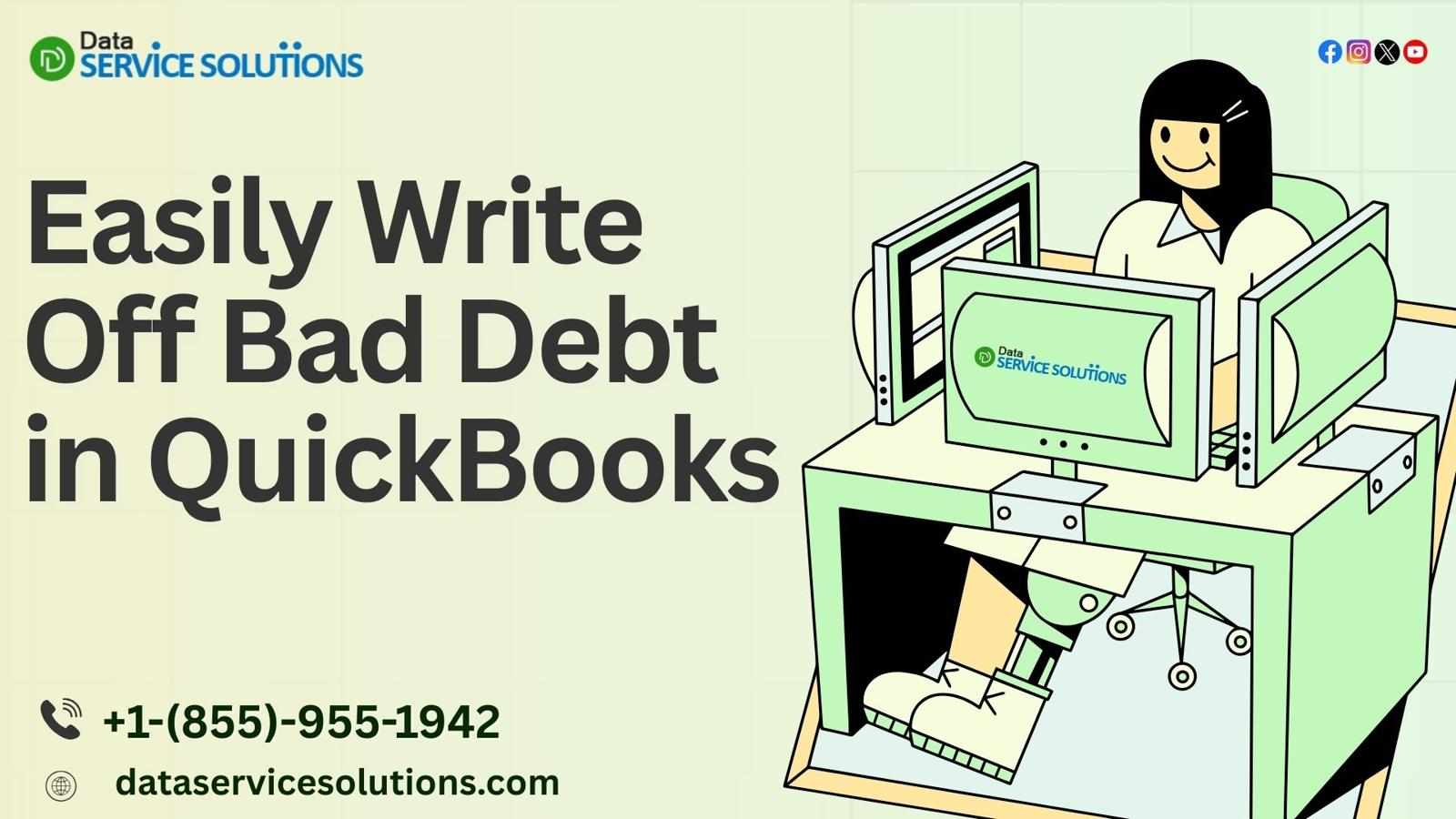
Often a customer might owe you money, but you know they aren’t going to pay you back. These are called bad debts, which you might better remove from QuickBooks. Moreover, for companies utilizing the accrual method of accounting, it is possible to write off the bad debts as deductions.
This blog will discuss how to write off bad debt in QuickBooks. For faster guidance, though, we advise you to call our QB Experts at +1-(855)-955-1942. They will walk you through the process of eliminating bad debt journal entry QuickBooks in real time.
What Is QuickBooks Bad Debt?
You send your customers or clients the invoices and expect them to pay you soon. However, you know which invoices have become uncollectible after a long delay. These should be separated out as bad debt and removed. This is important for keeping your account receivable and net income updated.
How To Write Off Bad Debt In QuickBooks Online
Writing off bad debt in QuickBooks Online is a multi-step process of reviewing invoices, creating bad debt expense accounts, creating and applying memos to invoices, and running bad debt reports. Follow the steps down below to write off the bad debt in QB Online.
Check the Aging Accounts Receivable
First, review all the invoices with the Accounts Receivable Aging Detail report and find the ones that are bad debt.
Open Business Overview and click on Reports
Look for an Accounts Receivable Aging Detail report and open it.
Now, decide the pending balances you should write off as bad debts.
Make a Bad Debts Expense Account
If you haven’t created a bad debt expense item, you might need to create one now.
Click on settings and choose the chart of accounts
Now, click on New and create a new account
Select Expense as the account type, and in the detail type, choose bad debts.
Fill in the name as Bad debts and click on save and close.
Make a Bad Debt Item
If you haven't created a non-inventory item for bad debt, you must make it now to balance the accounting.
Click on settings and choose Products and Services.
Now, click on new and choose non-inventory
Fill in the name as Bad debts
Choose bad debts as the Income account type
Once done, click on save and close
Read about this: QuickBooks Error 15107 Repair – Proven Solutions That Work
Make a Credit Memo For the Bad Debt
Now, click on New and choose credit memo
In the drop-down options for Customer, choose the customer
Choose bad debts in the section for Product/Service
Now, enter the amount you wish to write off in the amount section
For the message displayed, enter bad debt
Once done, click on save and close.
Apply Credit Memo to Invoice
Now, click on New and choose to Receive payment under customers
In the drop-down options for Customer, choose the customer
Choose the invoice in the section for Outstanding Transactions
Choose the credit memo from the Credits section
Once done, click on save and close.
Run Bad Debt Reports
Click on settings, choose chart of accounts
Now, choose Run report in the Action section.
Talk To An Expert!
The above blog should help remove the bad debt journal entry in QB. If you find an issue or have a query on how to write off bad debt in QuickBooks, feel free to call us at +1-(855)-955-1942. Our ProAdvisors are always available to assist you and resolve your query.
Frequently Asked Questions
Q1: What does it mean to write off bad debt in QuickBooks?
A: Writing off bad debt in QuickBooks means recording money owed by a customer that is unlikely to be collected. This helps keep financial records accurate and prevents overstating income.
Read about this: Struggling to Connect Bank Account to QuickBooks Online? Try This Hidden Fix Today
Q2: Why should businesses write off bad debt in QuickBooks?
A: Businesses should write off bad debt in QuickBooks to maintain accurate profit reports, ensure taxes are calculated correctly, and prevent old invoices from affecting cash flow forecasts.
Q3: Can you directly delete an unpaid invoice instead of writing it off?
A: No, deleting unpaid invoices in QuickBooks can distort records. Writing off bad debt properly ensures you keep the history of the sale while marking it uncollectible.
4: How do I create a bad debt expense account in QuickBooks?
A: Go to the Chart of Accounts, click New, choose Expense, and name it “Bad Debt.” This account will be used when writing off uncollectible invoices.
Q5: Is writing off bad debt in QuickBooks reversible?
A: Yes, if the customer later pays, you can record the payment and reverse the bad debt entry. This way, income is properly reflected in your reports.


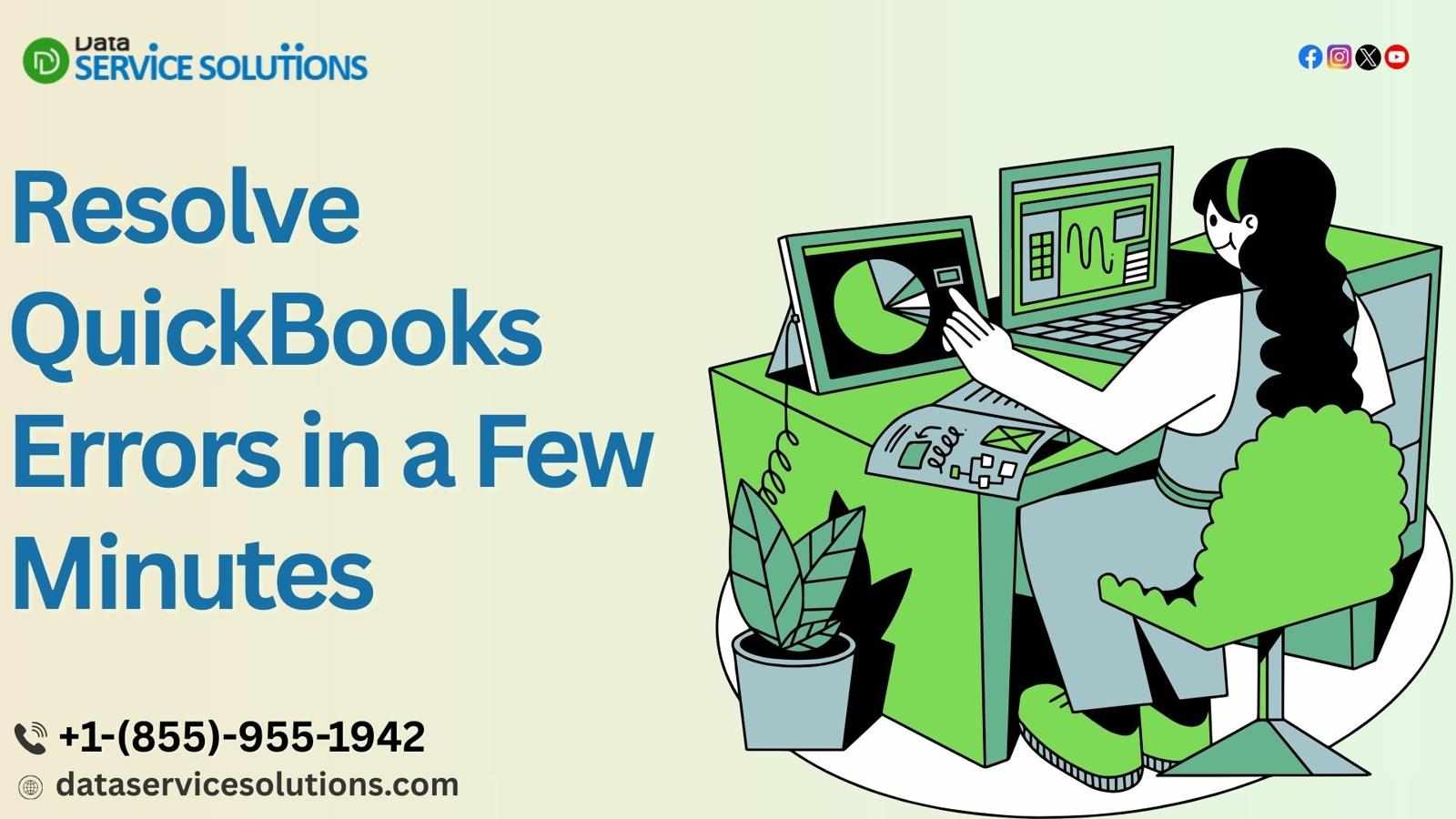
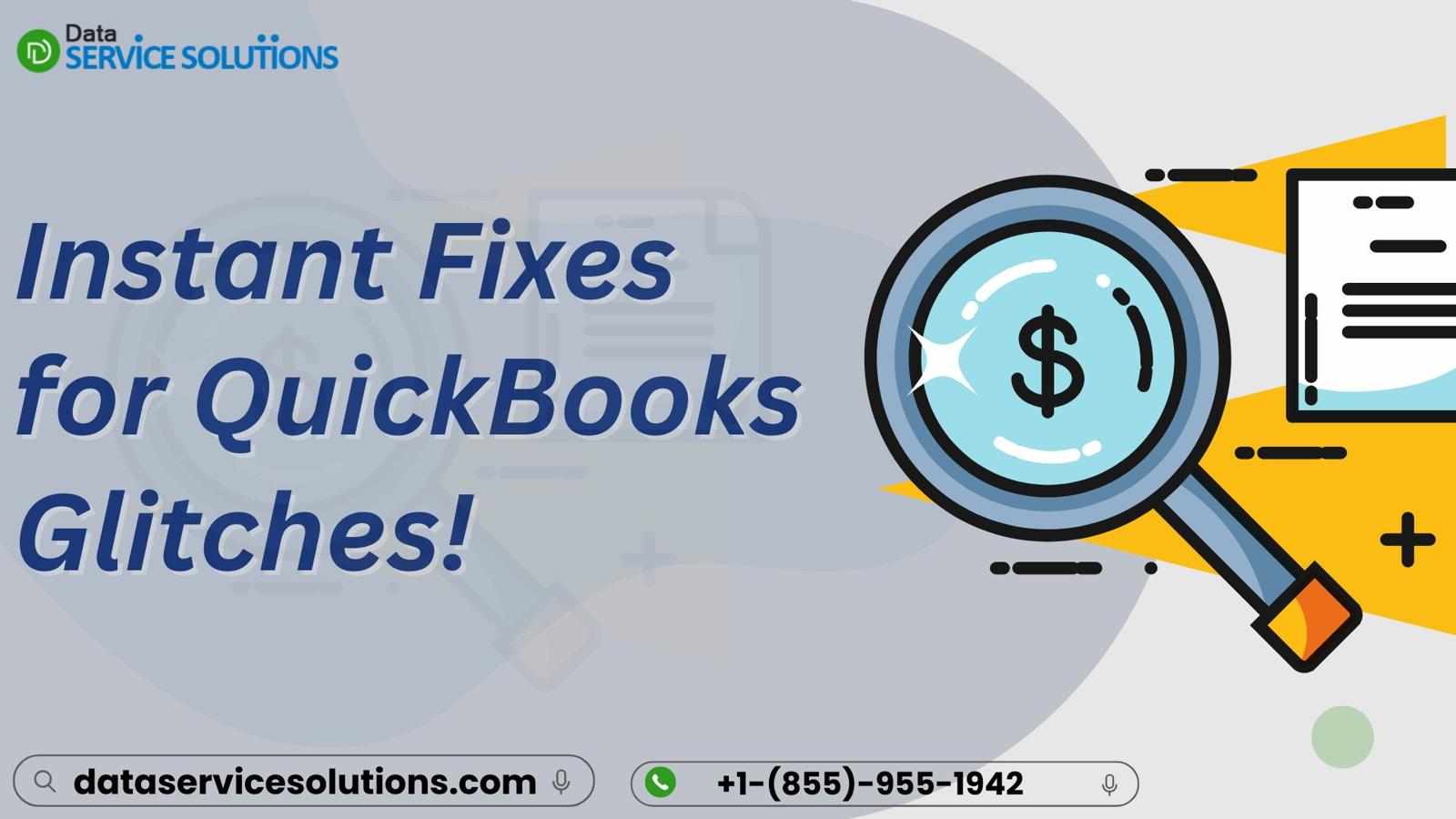
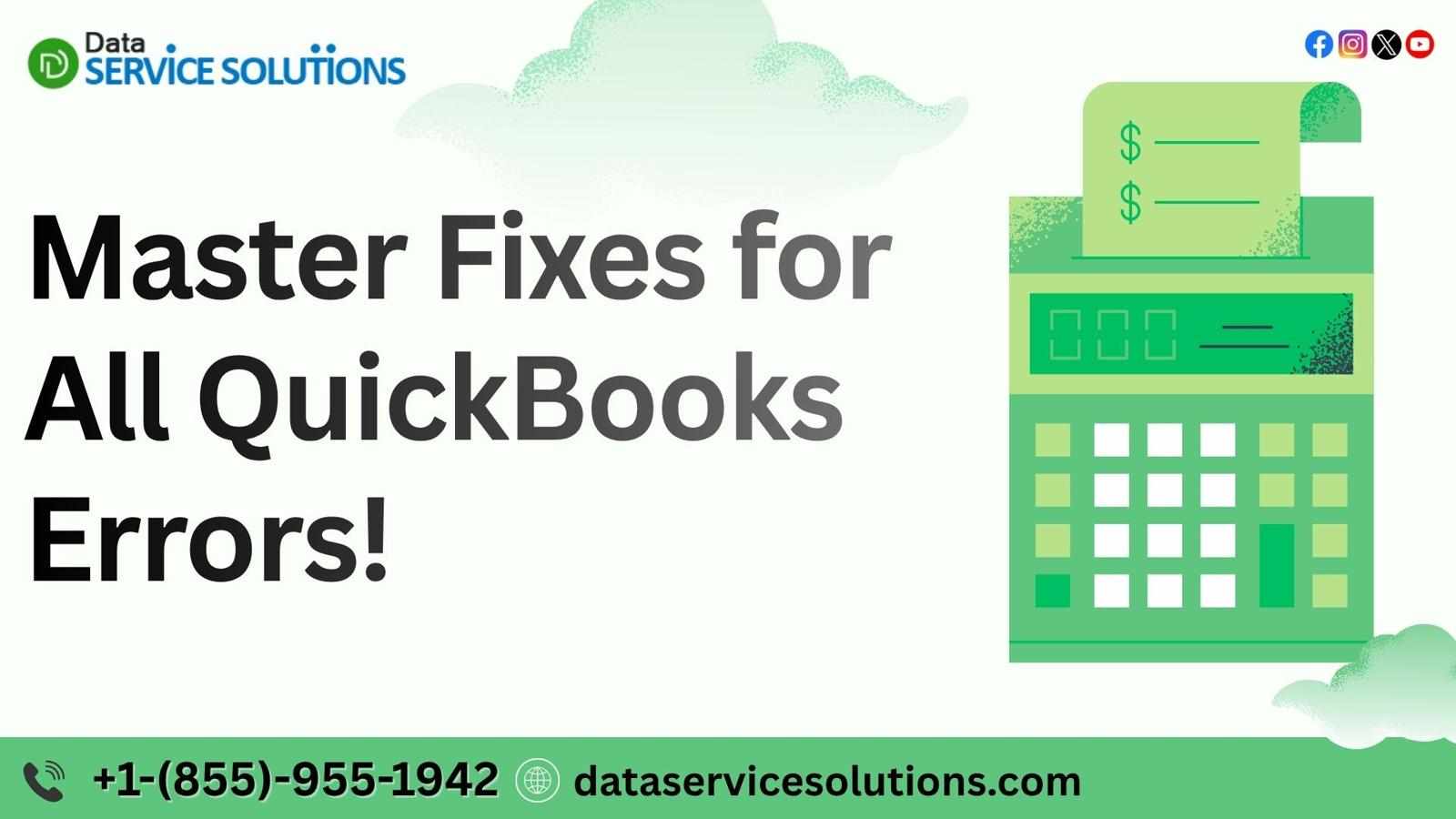
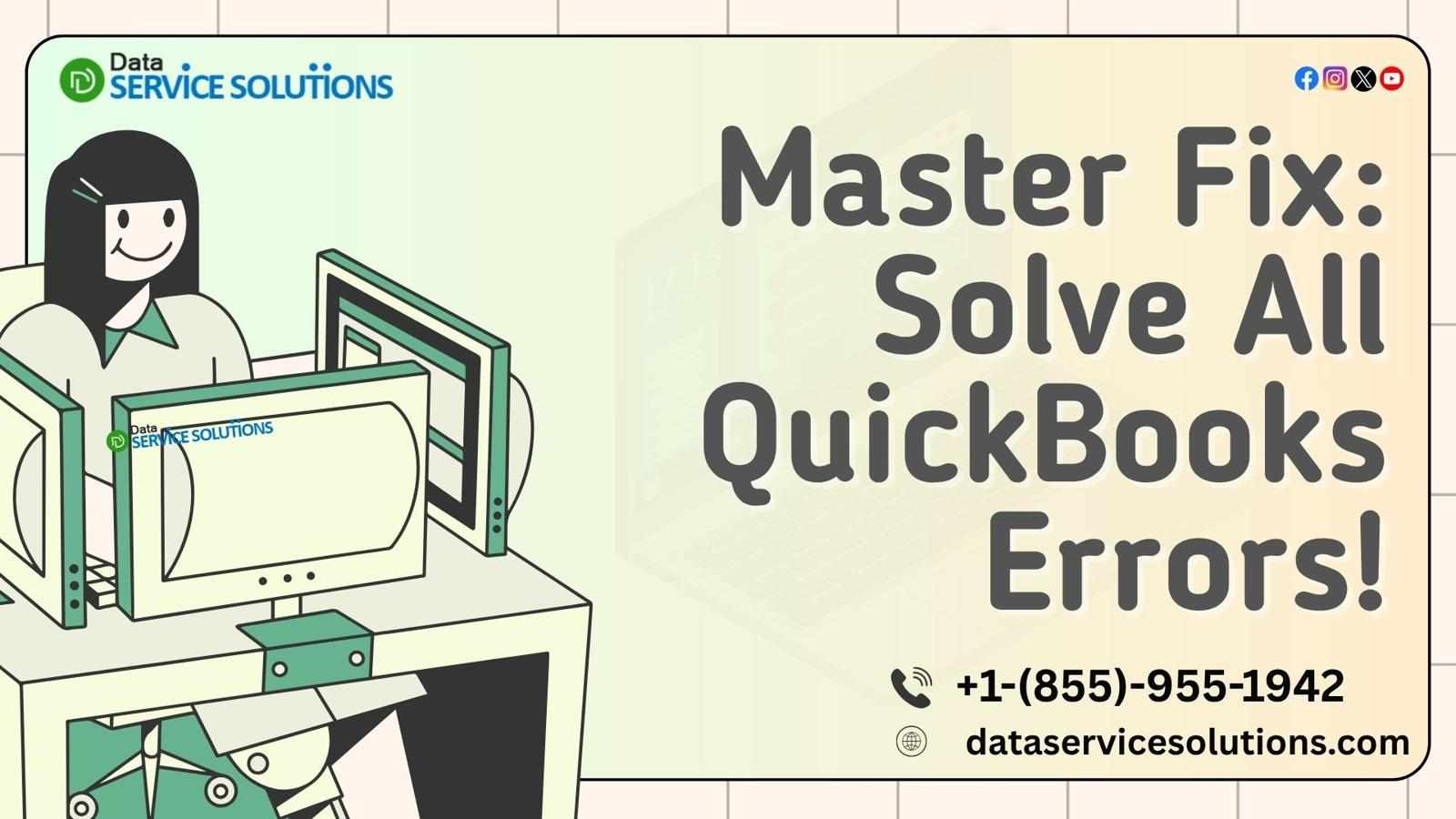
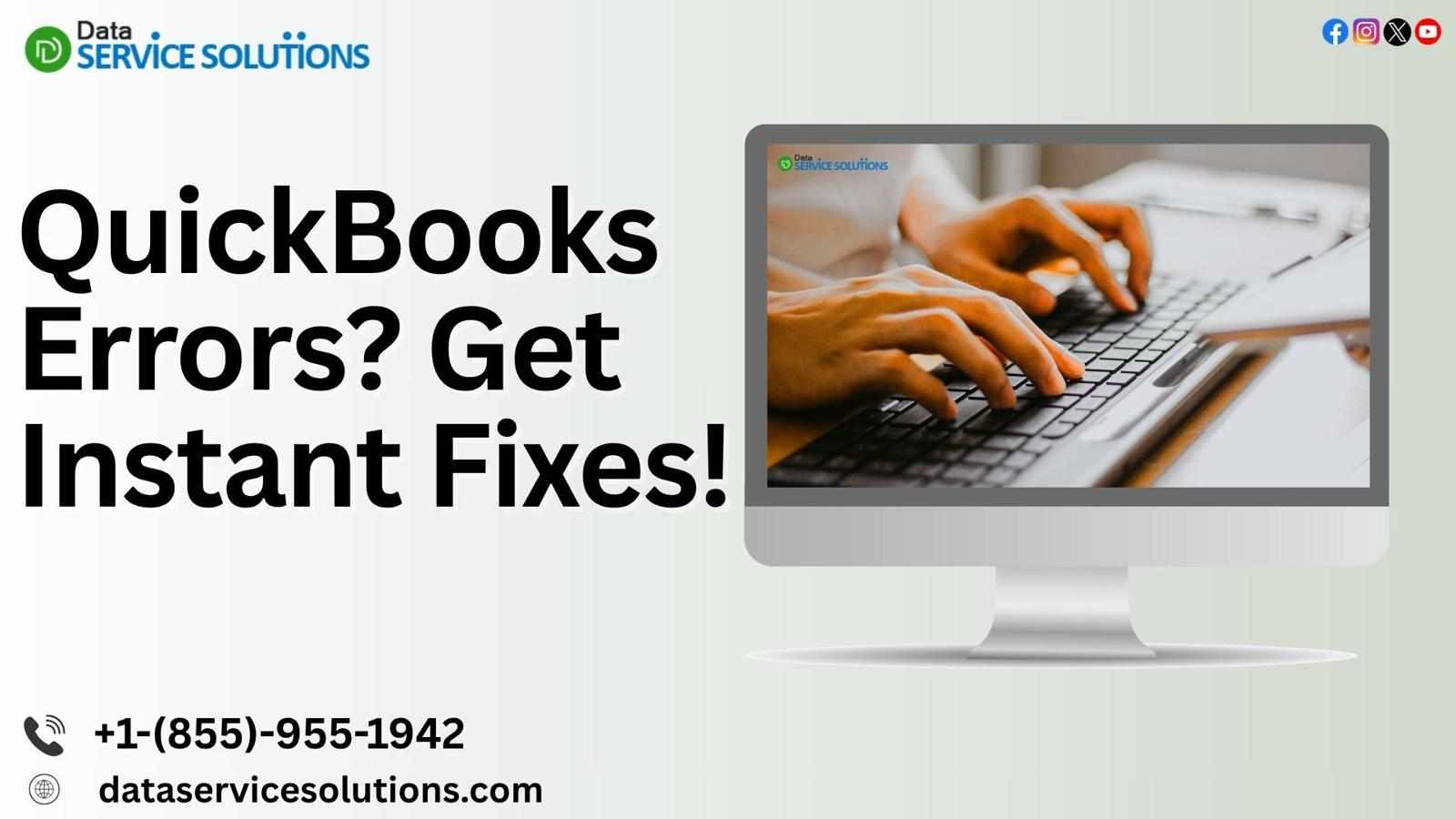

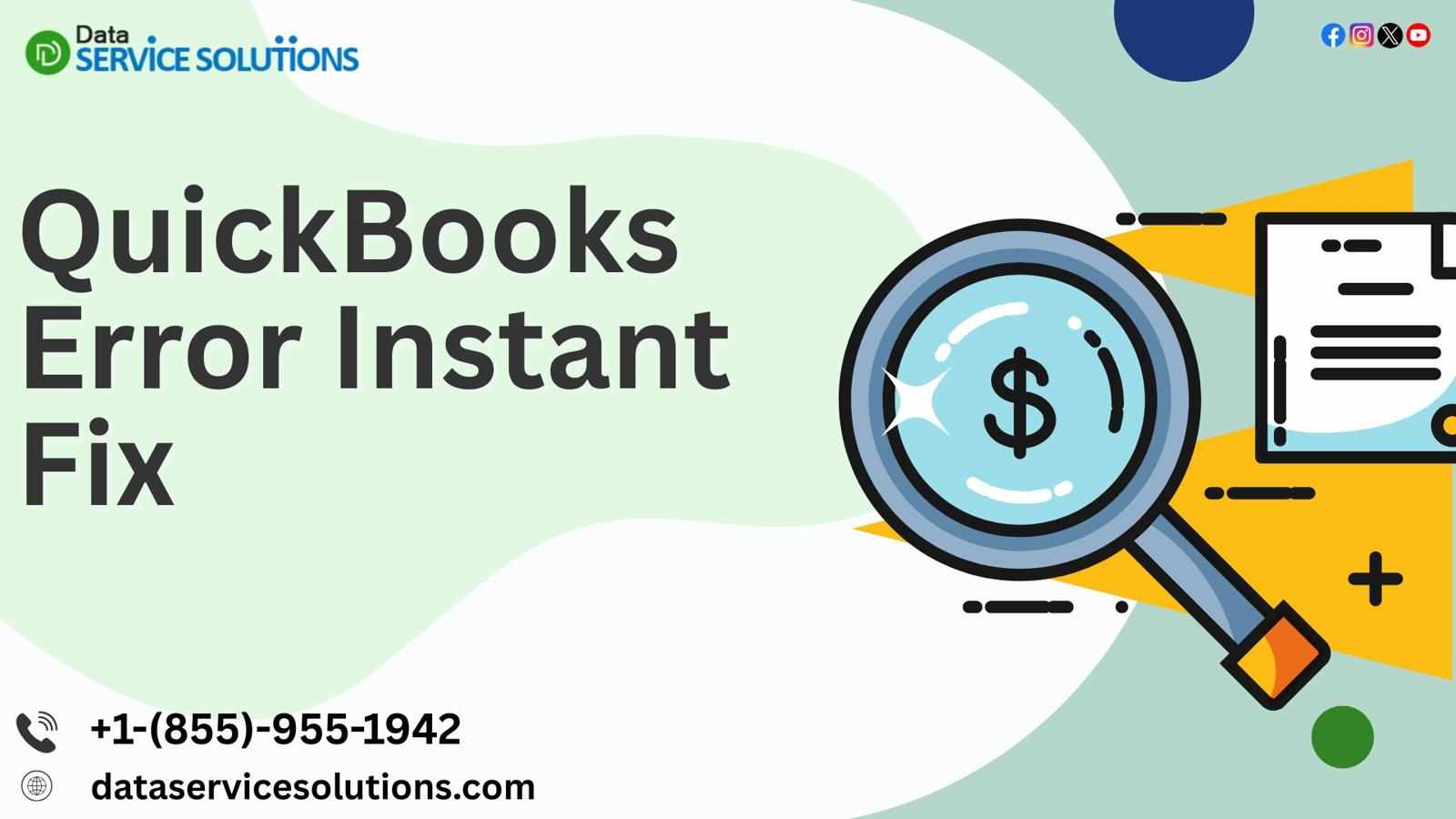
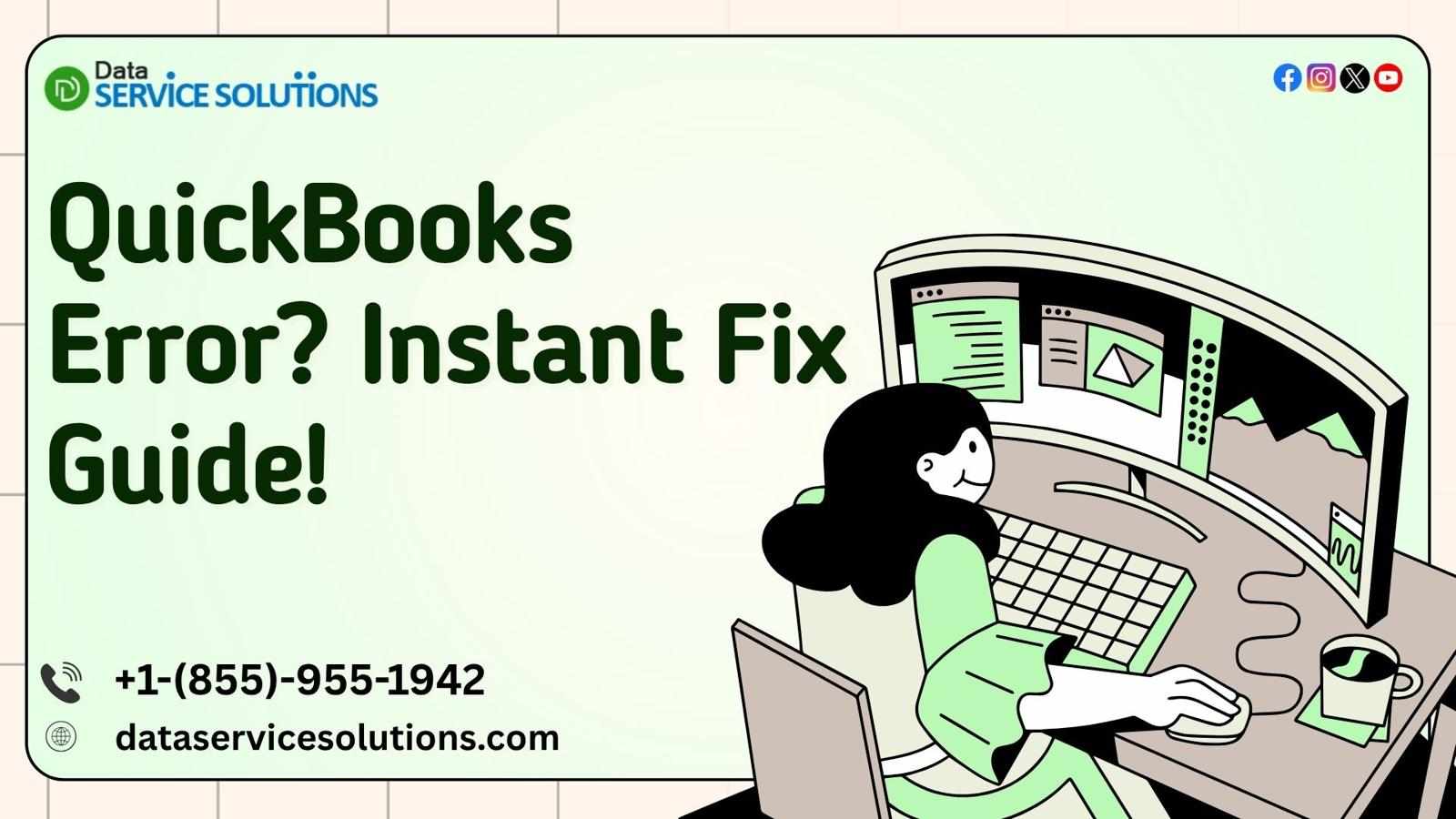
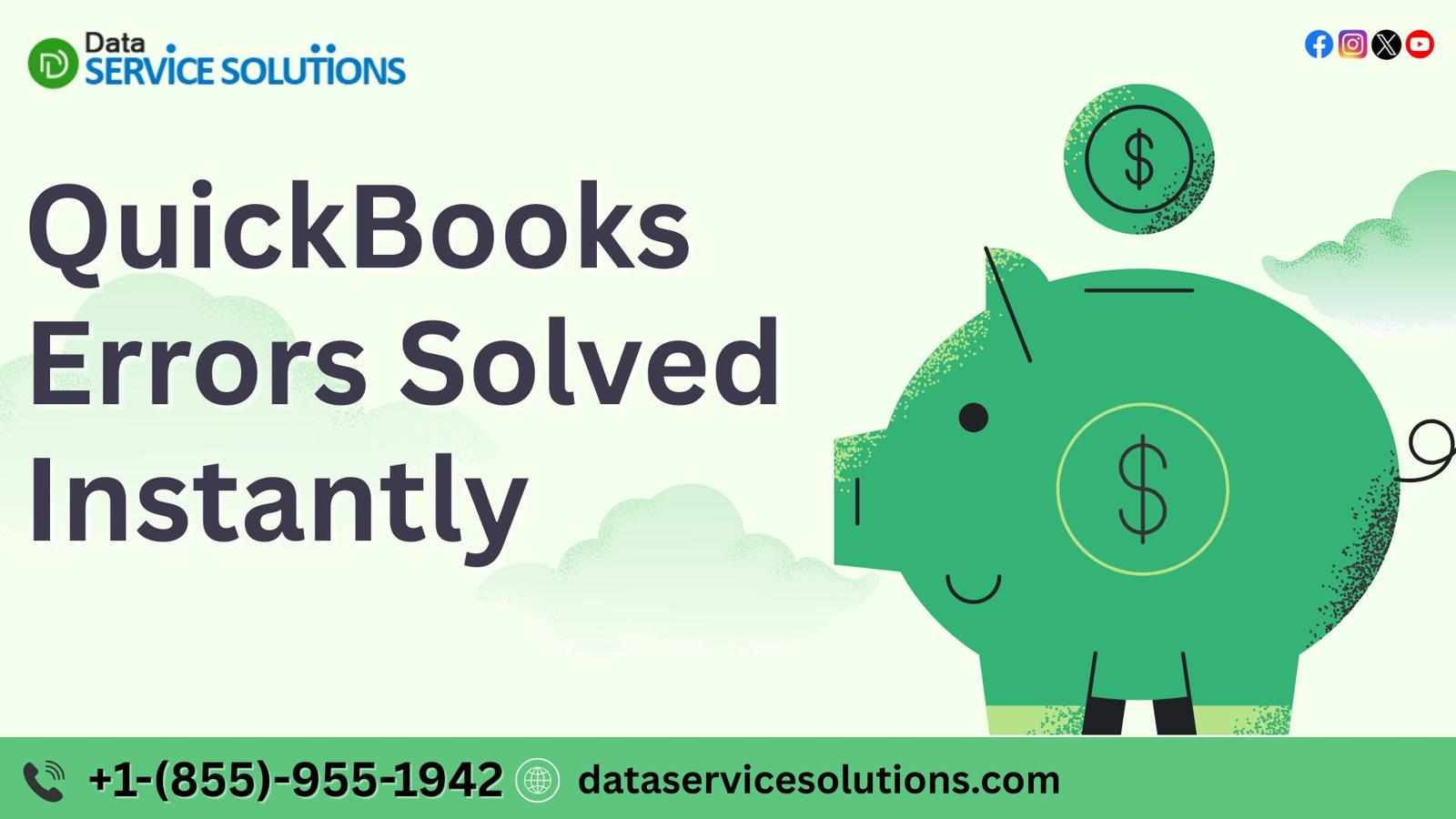


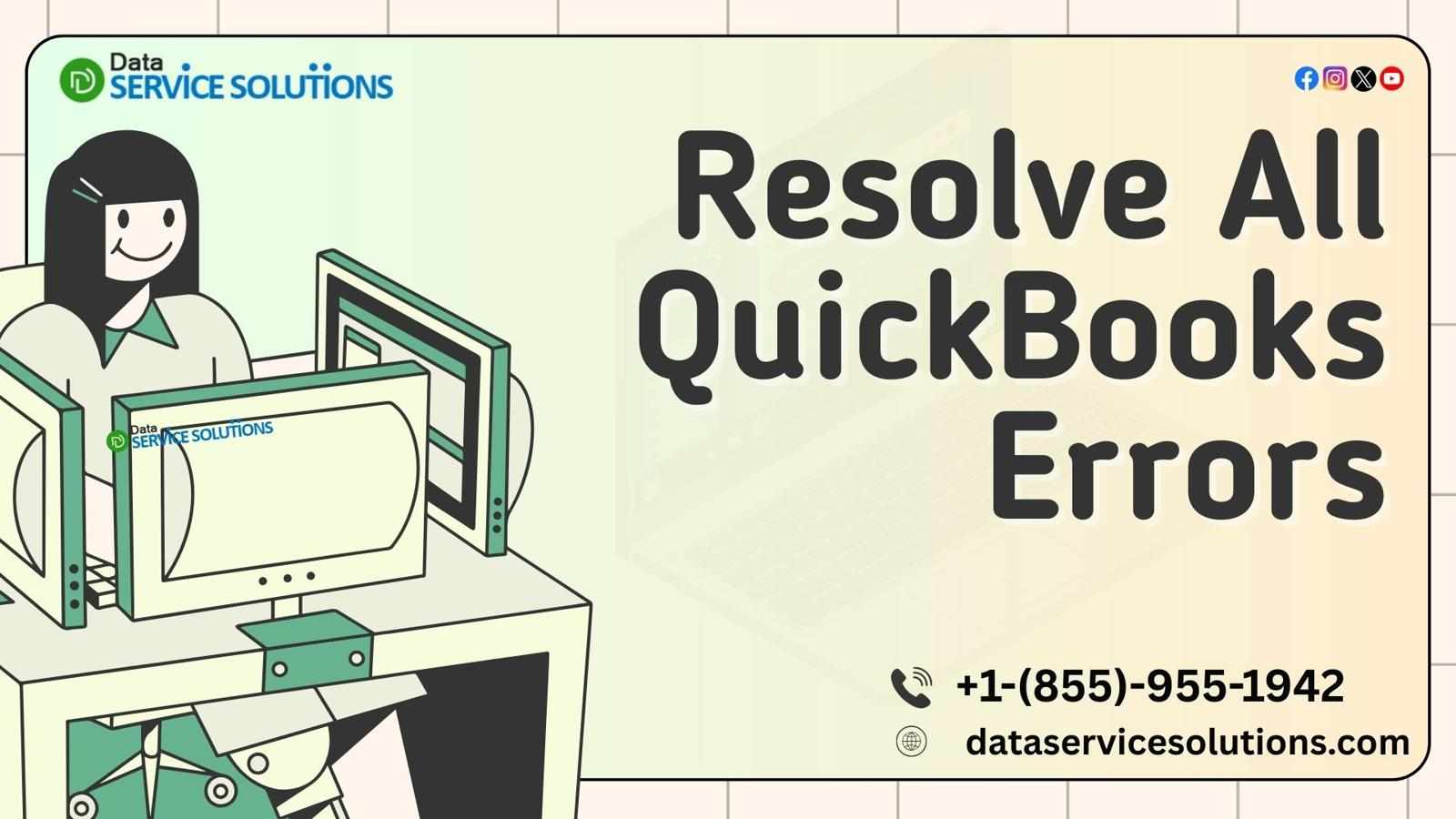


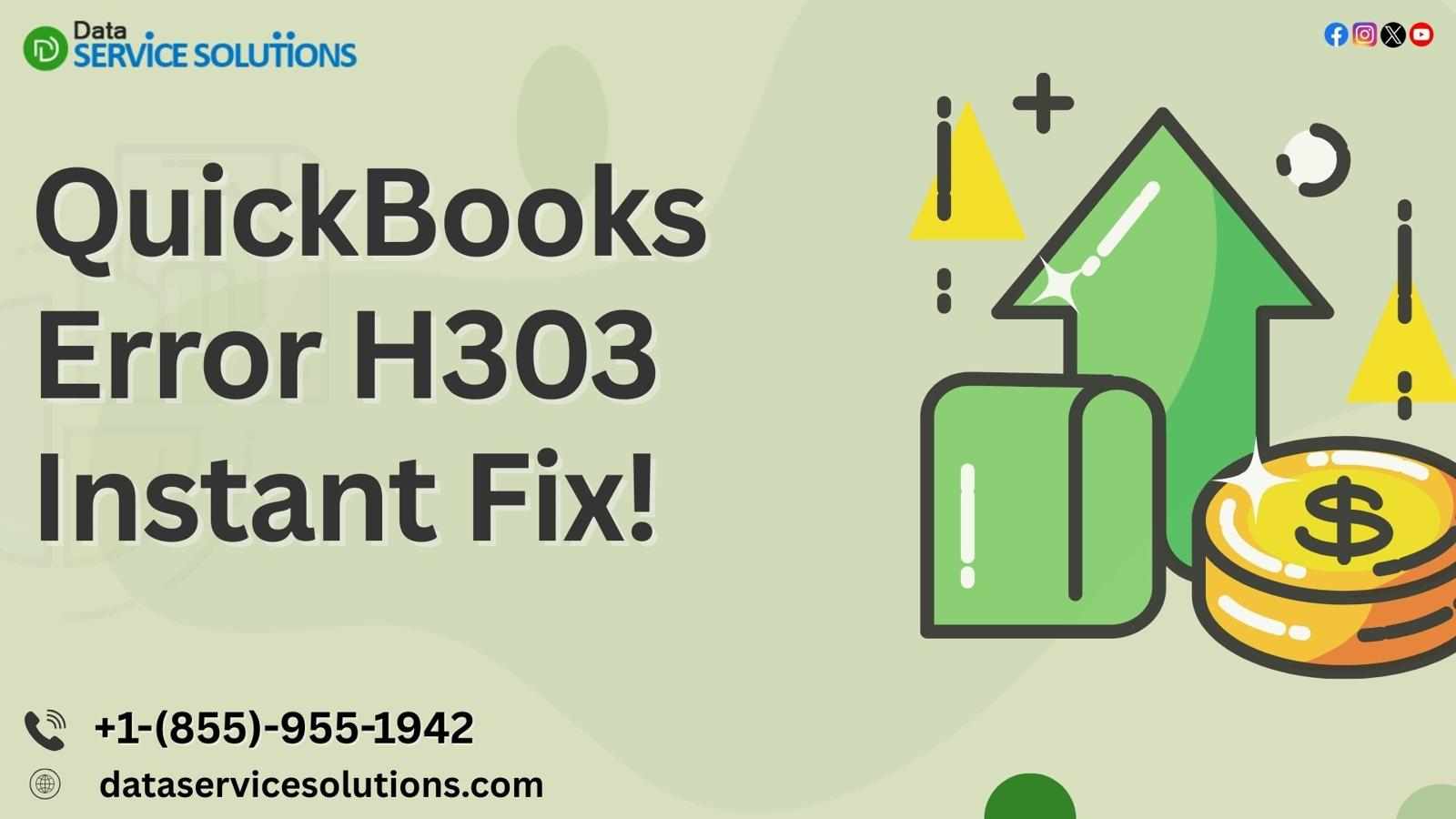
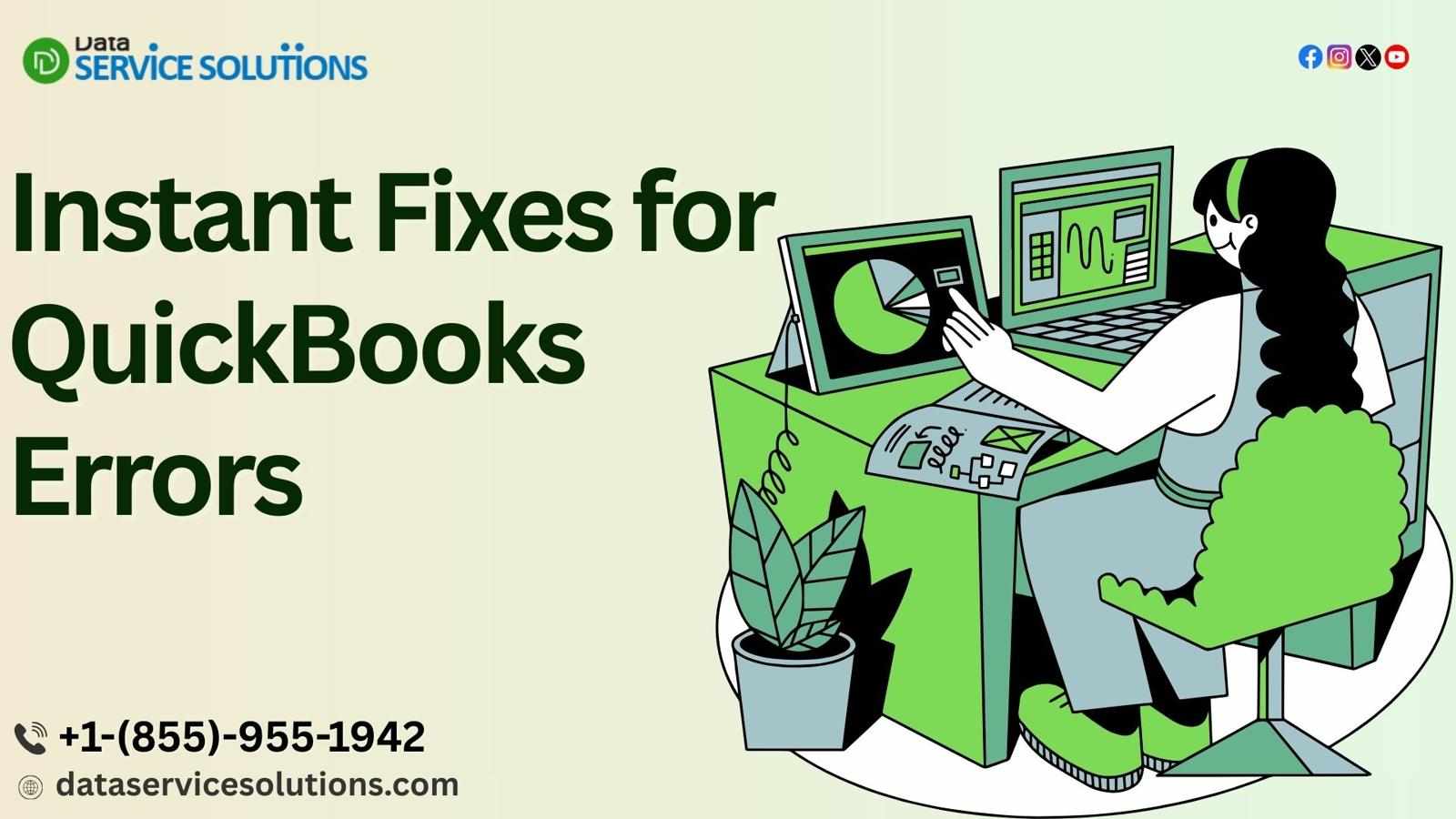
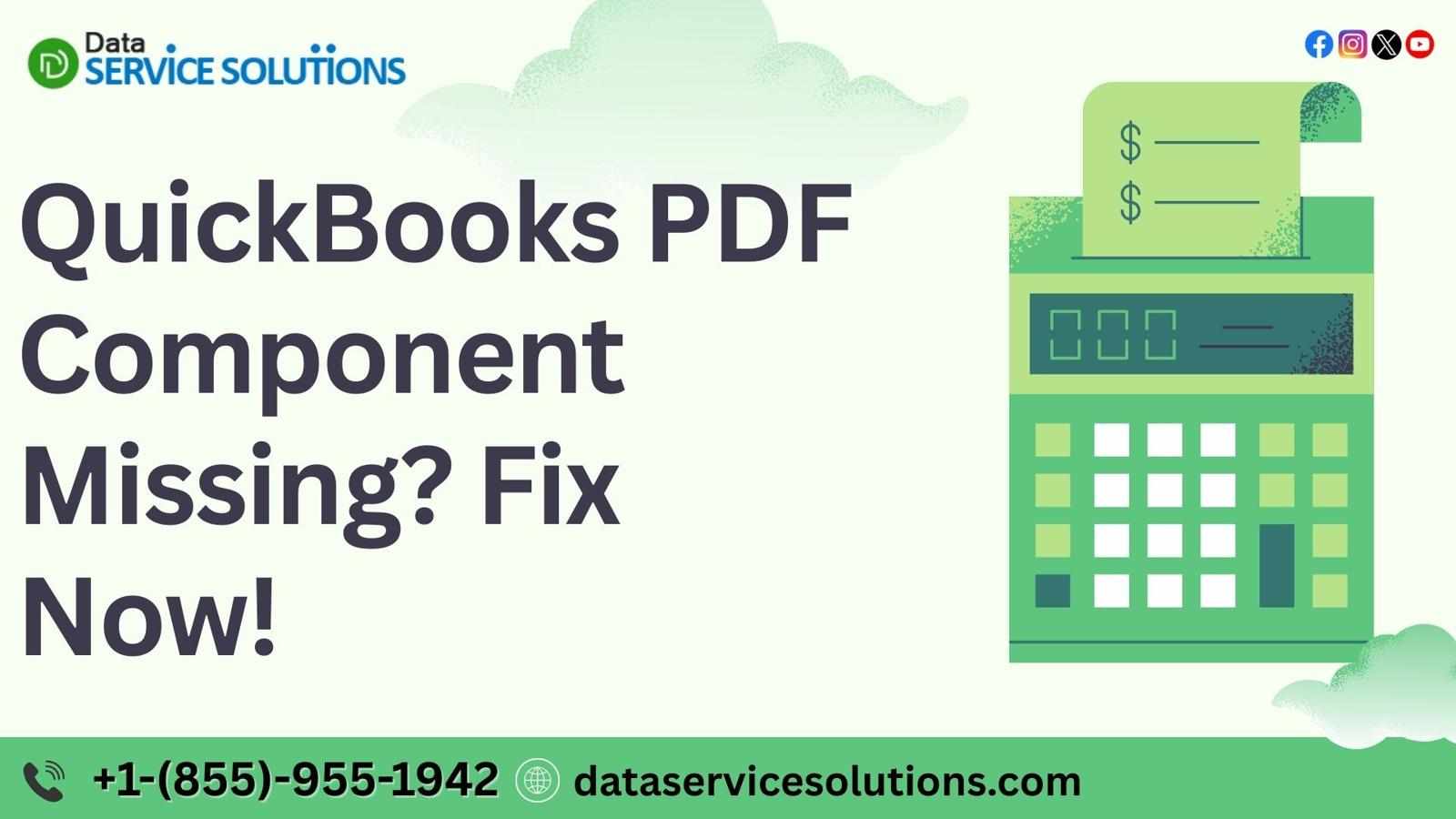
Write a comment ...